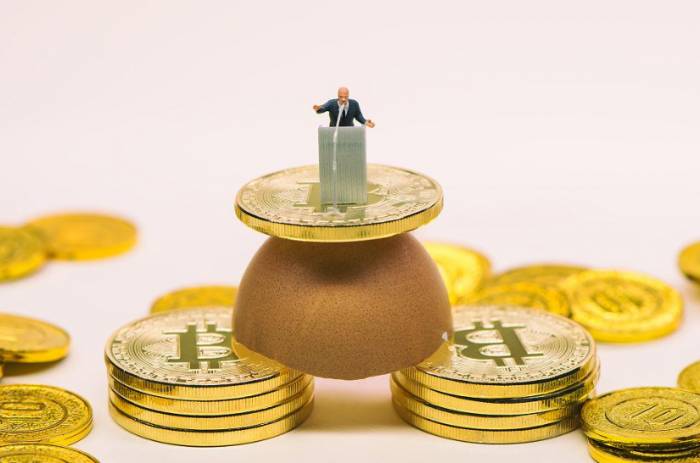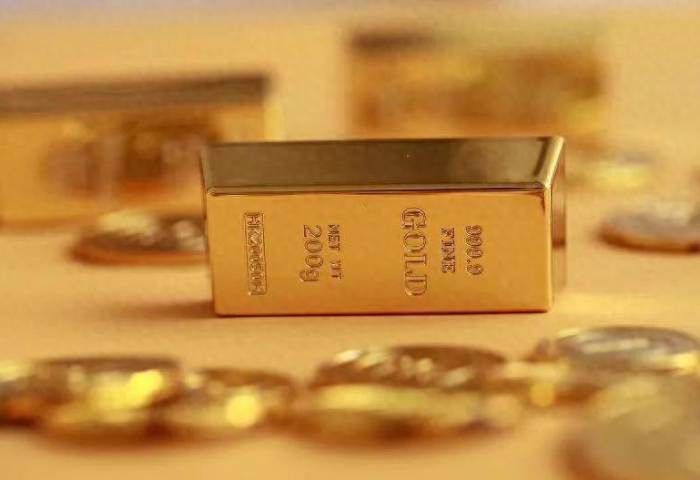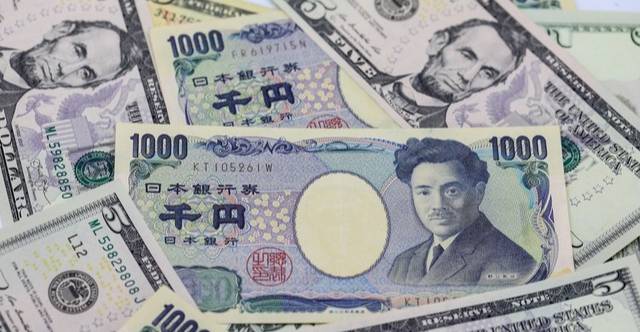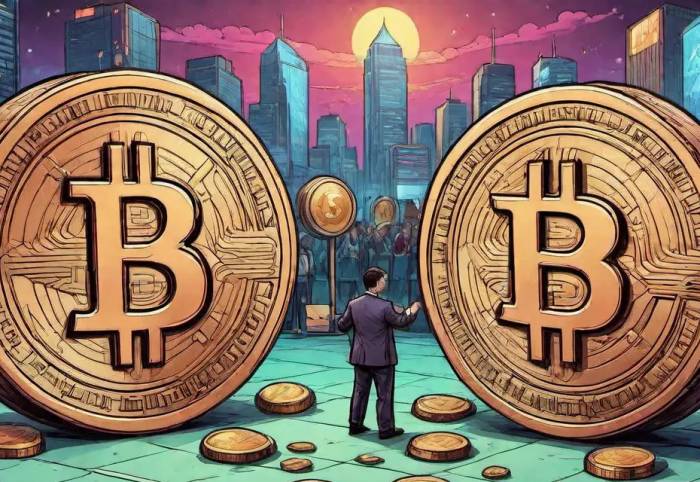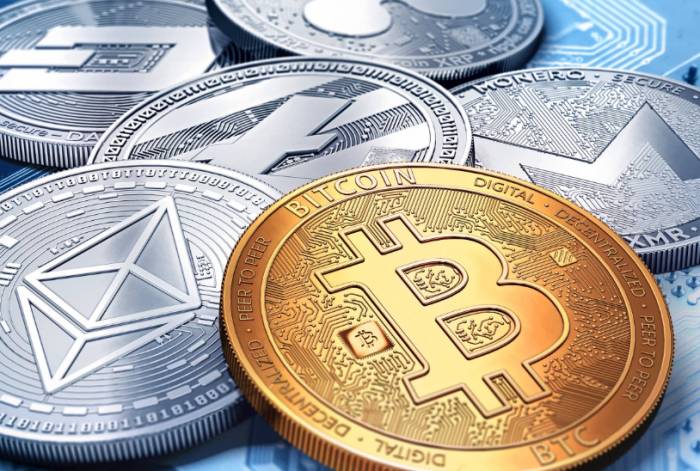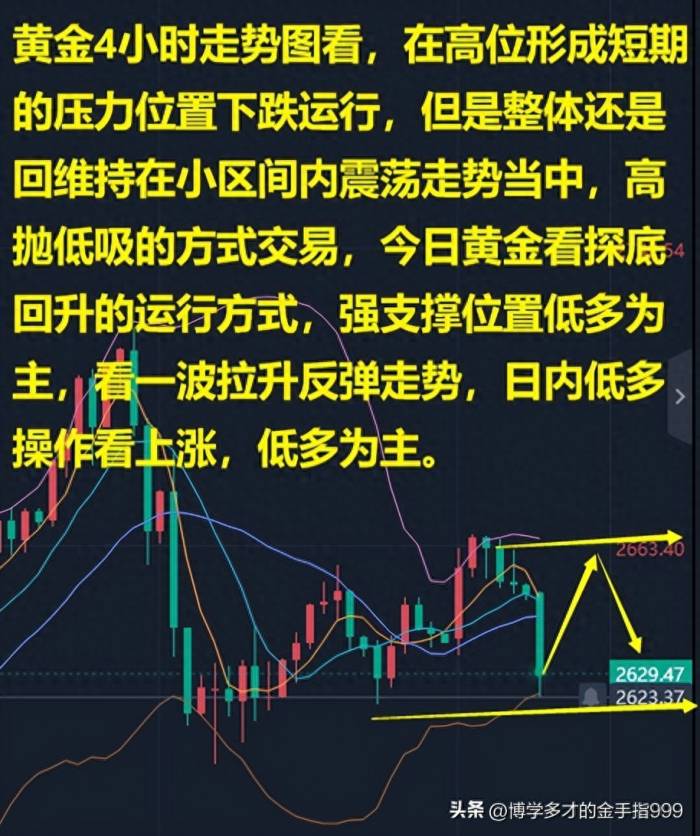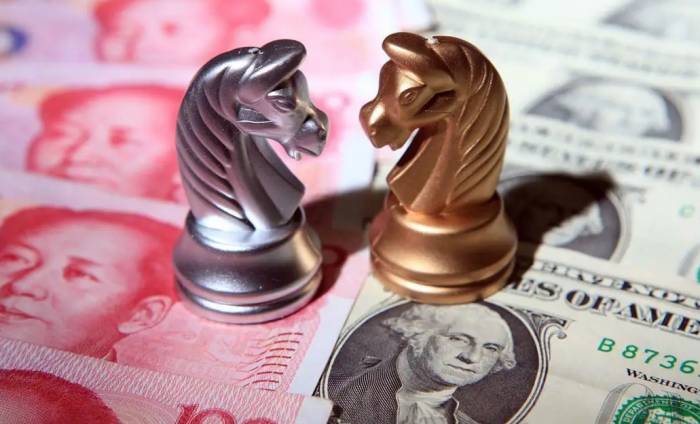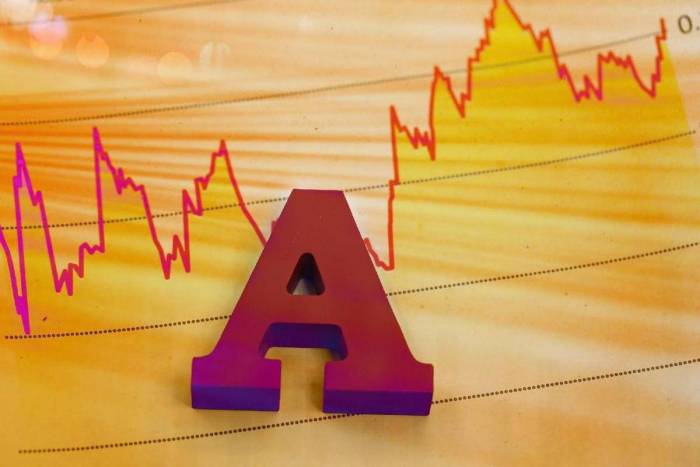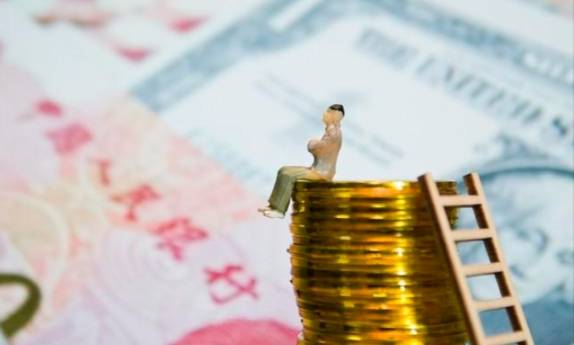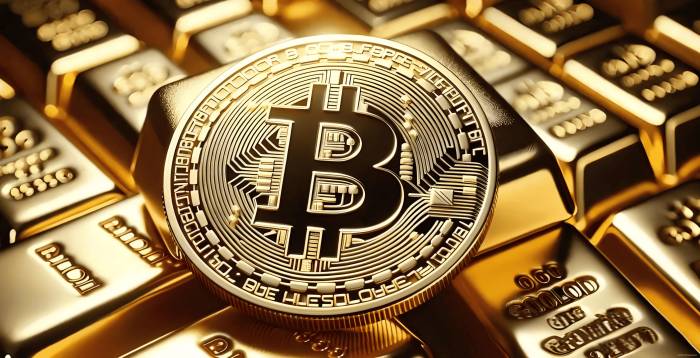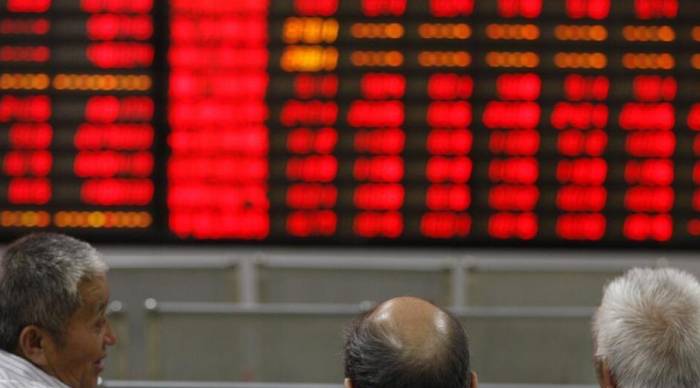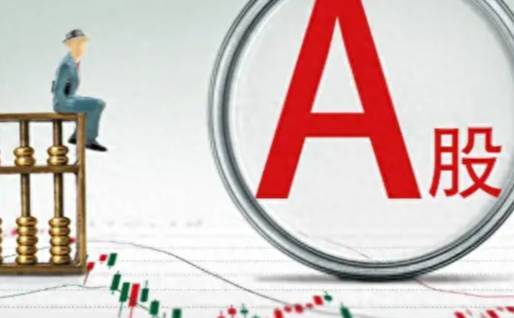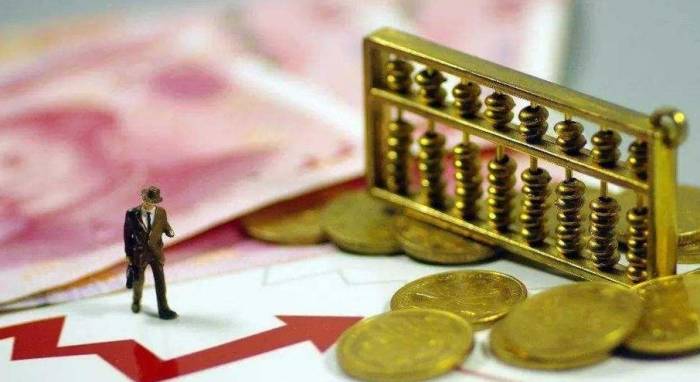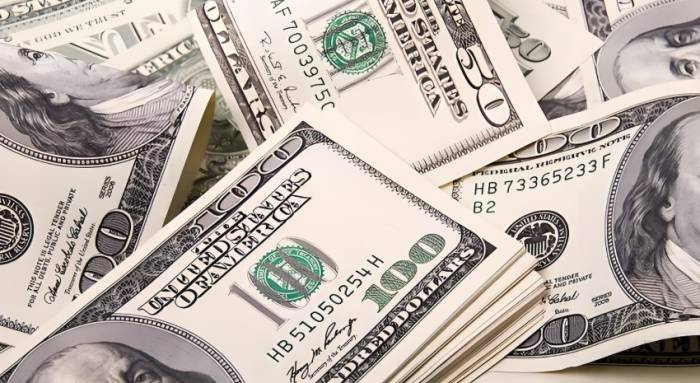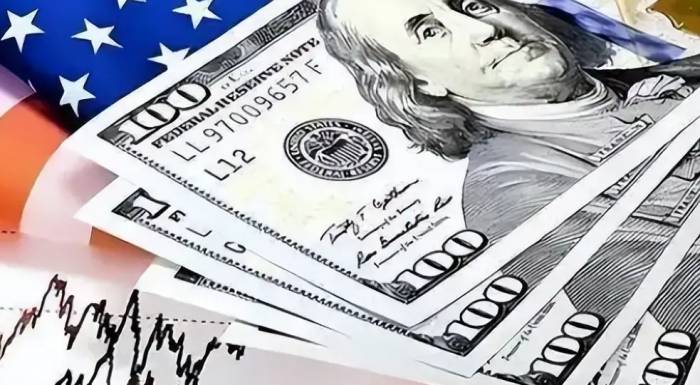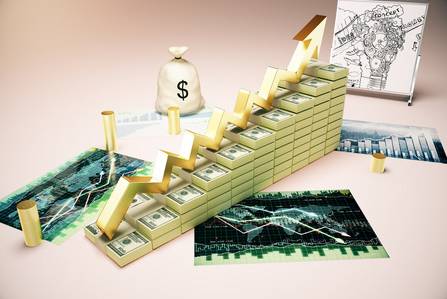On October 22, a significant proposal emerged from the Chinese Academy of Social Sciences, famously dubbed the Chinese Knowledge Bank. They suggested the issuance of an extraordinary 2 trillion yuan in special government bonds to establish a stabilization fund. This raised eyebrows among market participants, many of whom speculated that the market now had its 'guardian.' Some even remarked that cash handouts would soon follow. But what exactly does a stabilization fund entail? Moreover, as the news of this potential 2 trillion yuan fund circulates, one must wonder: is this just a talking point, or could it serve as a catalyst for a new wave in the stock market?
“Guardian of the A-share Market”?
The concept of a stabilization fund isn't exactly novel. Various global financial powerhouses, including the U.S., Japan, and Hong Kong, have previously relied on rescue funds to intervene in their markets during turbulent times.
A stabilization fund—often referred to as an intervention or stabilization fund—essentially involves the government establishing a dedicated unit that operates under certain guidelines to create a fund aimed at market stability.
In the context of the stock market, such a fund is designed specifically to ensure its smooth operational continuity. In simpler terms, when the market experiences sudden or severe volatility, the prices of listed companies may no longer reflect their genuine value accurately.
At such times, the stabilization fund can intervene, countering the general market index's movements to help level out the fluctuations, thereby promoting a more stable environment.
For instance, should an inexplicable market crash occur, the stabilization fund would execute specific buying actions to provide the necessary support, preventing further declines and potentially even boosting market performance. This aims to protect the interests of a vast number of investors involved.
Take Japan as an example. The country's stabilization fund was established in the 1960s, activating on three separate occasions to stabilize markets. During the period from 1963 to 1965, Japan's stock market transitioned towards bear territory due to economic downturns exacerbated by higher taxation levels in the U.S. The government instituted two stabilization funds during this time.
Again, post-bubble in 1995, Japan faced continued economic struggles, compounded by the devastating Hanshin earthquake, leading to a significant dip in the Nikkei 225 index by over 30%. As a measure to stabilize the market, the Japanese government initiated a program called the “Stock Market Stabilization Fund,” which was funded primarily through the banking sector and amounted to about 2 trillion yen.
This has led many to label such a fund as the “guardian” of the A-share market.
However, the crux of the matter is that the proposed 2 trillion yuan stabilization fund remains merely a suggestion at this stage. Do we truly require a market stabilization fund in our country?
A Young Stock Market with Mature Capital
To address this question, we must first comprehend the characteristics specific to China's stock market.
Critics often describe the Chinese stock market as a "sinking ship," due largely to its relatively immature structure compared to more developed nations. This perception is significantly attributed to the inadequately established regulations and the prevalent loopholes that allow some ill-intentioned institutions and financial magnates to exploit the system at will.
The erratic movements of the stock market accentuate the underlying issues—often, one may observe that bear markets can appear as fierce as lions, while bull markets surge with all the fury of a rollercoaster. Such phenomena demonstrate the immaturity of the market, akin to a youthful individual lacking wisdom and understanding.
Most participants in the market are retail investors dabbling with minimal amounts, significantly influencing stock performance.
These smaller-scale investors assert a degree of control over the entire stock market, and the volume of funds within the market pales in comparison to the vast amounts held in bank savings.
Speculation outweighs genuine investment opportunities in this context.
Given these distinct characteristics, the need for a stabilization fund becomes evident.
The fund, under the auspices of the state, seeks not to turn a profit but to uphold a stable market environment conducive to orderly economic growth.
Once such a fund becomes operational, market manipulators must tread carefully.
Be they international financial giants or local short-sellers, any attempts to unlawfully profit through stock market manipulation would face the formidable interventions of the stabilization fund.
Moreover, an estimated 11 trillion yuan worth of investment projects could bolster investor confidence in China's economic trajectory, attracting more participants to the stock market and invigorating the overall financial landscape.
This uplift would not only create a healthier market environment, safeguarding the interests of small-medium investors, but also ensure that quality enterprises can secure necessary funding for advancing China’s industrial transformation.
When investors begin to observe profits, those staggering 297 trillion yuan in deposits within banks may ultimately be diverted to invigorate the stock market.
Profitable investment activities would achieve multiple objectives: reducing speculative tendencies, enhancing consumption levels, stimulating economic growth, and retaining more long-term capital within the stock market.
In essence, investors ought to grasp several crucial insights regarding the proposed stabilization fund: First and foremost, should its establishment materialize, a guarantee of constant market growth is improbable.
The market fluctuations maintain their own rhythms and patterns, and the stabilization fund’s primary duty is to stabilize overall market performance;
Secondly, despite the backing of a stabilization fund, one should still maintain a long-term investment perspective, focusing on fundamentally sound and high-potential companies, patiently awaiting consistent returns over time;
Lastly, even with the fund’s existence, investing in the stock market shouldn’t be the sole option.
At all times, an investor should aspire to cultivate a diversified portfolio, mitigating risks associated with single assets while also emphasizing robust risk management through establishing appropriate stop-loss and take-profit points.



